Nearly 2,000 Gor Mahia Members to Determine Club's Corporate Future in Today's Election

Gor Mahia Football Club, one of Kenya’s most prominent sporting institutions, is holding its Annual General Meeting (AGM) and elections today at the Nyayo National Stadium gymnasium.
The elections, overseen by the Independent Electoral and Boundaries Commission (IEBC), will determine the club's leadership amidst ongoing discussions regarding its governance and structural reforms. With only 1,992 registered members eligible to vote, the most closely watched contest is for the chairperson's position, where incumbent Ambrose Rachier, who has served for 17 years, is being challenged by current treasurer Dolfina Odhiambo.
Rachier is advocating for a hybrid management model that blends community ownership with corporate investment, drawing inspiration from Tanzania’s Young Africans Sports Club. The proposal aims to attract investors by privatizing part of the club’s shares while retaining community ownership. Odhiambo's candidacy represents a push for change, with her supporters seeking increased accountability and transparency within the club's leadership.
Other key positions are also contested, including the vice chairperson, where former treasurer Sally Bolo is vying against Victor Omondi. The secretary general position sees incumbent Sam Ochola challenged by Nicanor Arum, while Gerphas Ogolla and Philip Nyakwana are competing for the treasurer's post. The elections follow a directive from the Sports Disputes Tribunal (SDT), which mandated the club to hold elections within 90 days after the executive committee's term expired.
The tribunal also revised the nomination fees for candidates, reducing them to Sh150,000 for the chairperson and Sh125,000 for the vice chairperson, following petitions from aspirants. A central point of discussion at today's AGM is the vote on the proposed hybrid management structure. If approved, this model could set a precedent for other community-based clubs in Kenya, signalling a shift towards more professionalized and investor-friendly operations.
The proposal has, however, sparked debate among members, some of whom are concerned about the potential loss of community control. The electoral process has not been without controversy. Initially, 267 members were excluded from the voter list due to registration discrepancies. They were later allowed to participate after providing proof of payment for their membership fees.
The outcome of these elections will be pivotal for Gor Mahia, determining both its leadership and its strategic direction for the coming years.




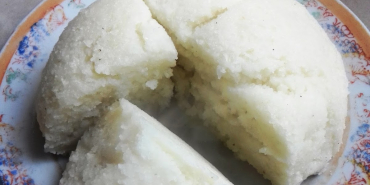
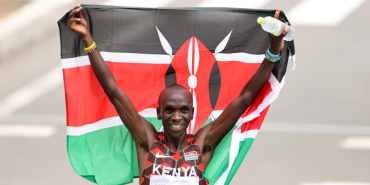

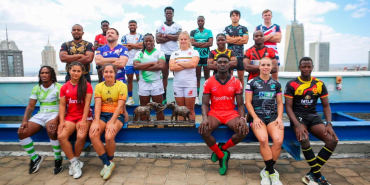
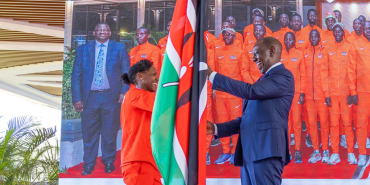
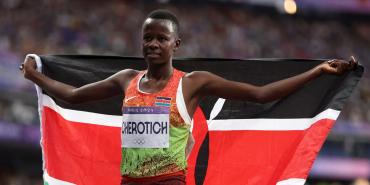




Add new comment